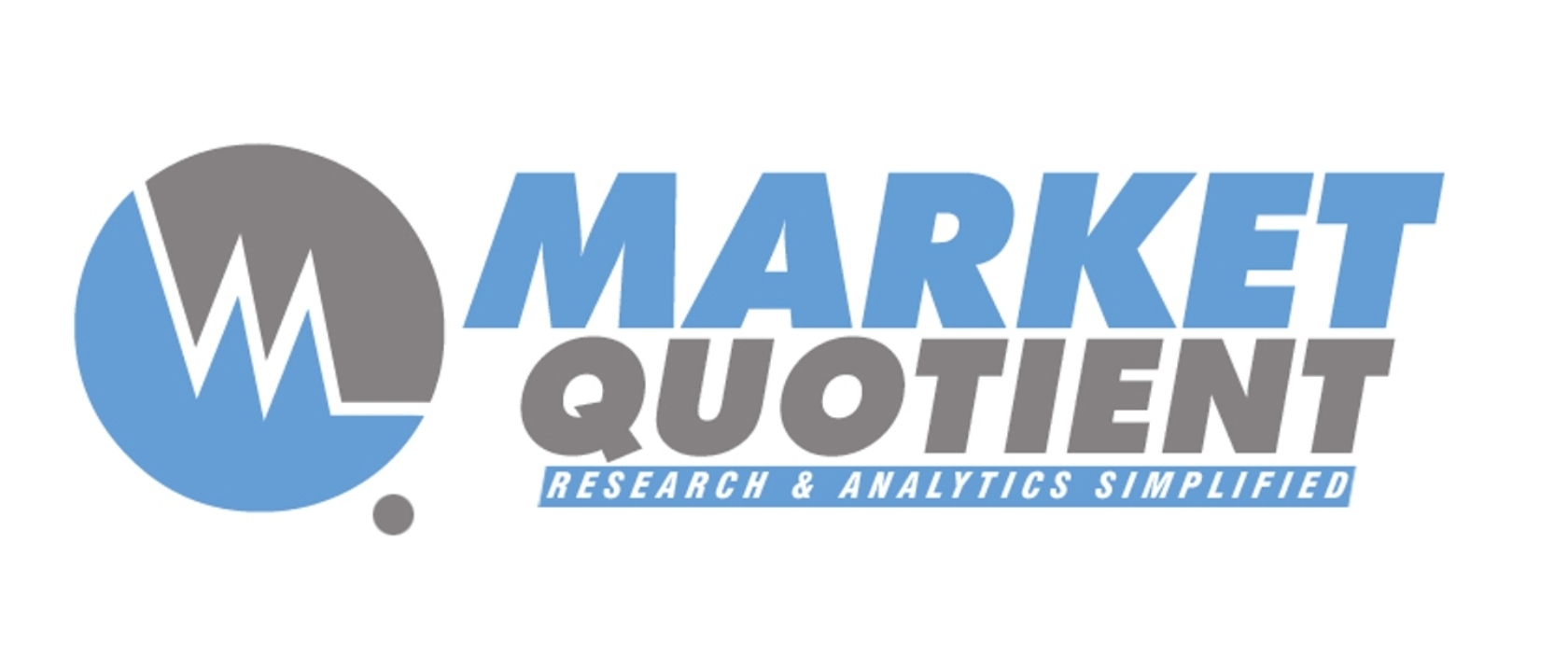As businesses generate and collect increasingly large volumes of data, managing and analyzing this big data efficiently has become a critical task. Virtual assistants (VAs) play a pivotal role in this process, leveraging advanced technologies and methodologies to ensure data is handled effectively. Here, we discuss several strategies used by VAs to manage and analyze big data efficiently.
1. Automated Data Collection and Integration
One of the primary strategies for handling big data is automation.Businesses that implement automated data collection report a 60% reduction in data processing time. Virtual assistants utilize automated tools and scripts to collect data from various sources, such as web scraping, APIs, and IoT devices. These tools can gather vast amounts of data quickly and accurately, reducing the manual effort required.
2. Efficient Data Storage Solutions
Handling big data requires robust storage solutions. Virtual assistants often use cloud-based storage systems such as Amazon S3, Google Cloud Storage, and Azure Blob Storage, which offer scalability, security, and cost-effectiveness. The adoption of cloud storage solutions has increased by 83% among businesses managing big data, due to their scalability and cost efficiency.
Tip: Utilize cloud storage with built-in data management features like automatic backups and encryption to ensure data security and reliability.
3. Data Cleaning and Preprocessing
Big data often comes from diverse sources and can be unstructured or contain noise. Virtual assistants are equipped with tools to clean and preprocess data, ensuring its quality before analysis. This process includes removing duplicates, filling in missing values, and normalizing data formats.Effective data cleaning can improve the accuracy of data analysis by up to 45%.
4. Leveraging Advanced Analytics Tools
To analyze large datasets efficiently, virtual assistants use advanced analytics tools such as Hadoop, Spark, and NoSQL databases like MongoDB and Cassandra. These tools are designed to handle big data, offering parallel processing and distributed computing capabilities. Companies using Hadoop for big data analytics report a 70% increase in processing speed and efficiency.
Example:
An e-commerce company uses VAs to analyze customer behavior data with Spark, uncovering insights that drive personalized marketing strategies.
5. Real-Time Data Processing
For businesses that require real-time insights, virtual assistants employ real-time data processing tools such as Apache Kafka and Flink. These tools enable the continuous processing of streaming data, allowing businesses to react to changes and trends immediately. Real-time data processing can lead to a 25% improvement in decision-making speed for businesses.
6. Machine Learning and AI Integration
Virtual assistants leverage machine learning (ML) and artificial intelligence (AI) to enhance data analysis. Integrating ML and AI into data management can improve predictive analytics accuracy by up to 30%. These technologies can identify patterns and trends in big data that are not easily visible through traditional methods, providing deeper insights and more accurate predictions.
Example:
A logistics company uses VAs with ML algorithms to optimize delivery routes based on real-time traffic and weather data, improving efficiency and reducing costs.
7. Scalable Data Visualization
Effectively communicating insights from big data requires robust visualization tools. Virtual assistants use scalable visualization platforms like Tableau, Power BI, and D3.js to create interactive and insightful dashboards, enabling stakeholders to understand complex data at a glance.Businesses using advanced data visualization tools report a 40% increase in the speed of insight generation.
Example:
A marketing agency employs VAs to create dynamic dashboards that visualize campaign performance, helping clients quickly identify successful strategies and areas for improvement.
Market Quotient’s Services
Market Quotient offers a range of data collection and analysis services tailored to meet the needs of businesses dealing with big data. Their virtual assistants are skilled in using advanced tools and techniques to handle large volumes of data efficiently. By partnering with Market Quotient, businesses can benefit from:
- Automated Data Collection: Streamlined data gathering processes that reduce manual effort and errors.
- Cloud-Based Storage Solutions: Scalable and secure storage options that adapt to growing data needs.
- Data Cleaning and Preprocessing: Ensuring high-quality data for accurate analysis.
- Advanced Analytics: Utilizing cutting-edge tools like Hadoop and Spark for comprehensive data analysis.
- Real-Time Processing: Enabling immediate insights and responses with real-time data tools.
- Machine Learning and AI: Integrating intelligent algorithms for deeper insights and predictive analytics.
- Data Visualization: Creating impactful visualizations that convey complex data clearly and effectively.
Conclusion
Virtual assistants are indispensable for managing and analyzing big data efficiently. By automating data collection, utilizing robust storage solutions, ensuring data quality, leveraging advanced analytics tools, processing data in real-time, integrating ML and AI, and using scalable visualization tools, VAs enable businesses to harness the full potential of their data. Partnering with Market Quotient can further enhance these capabilities, providing businesses with the tools and expertise needed to thrive in a data-driven world.





